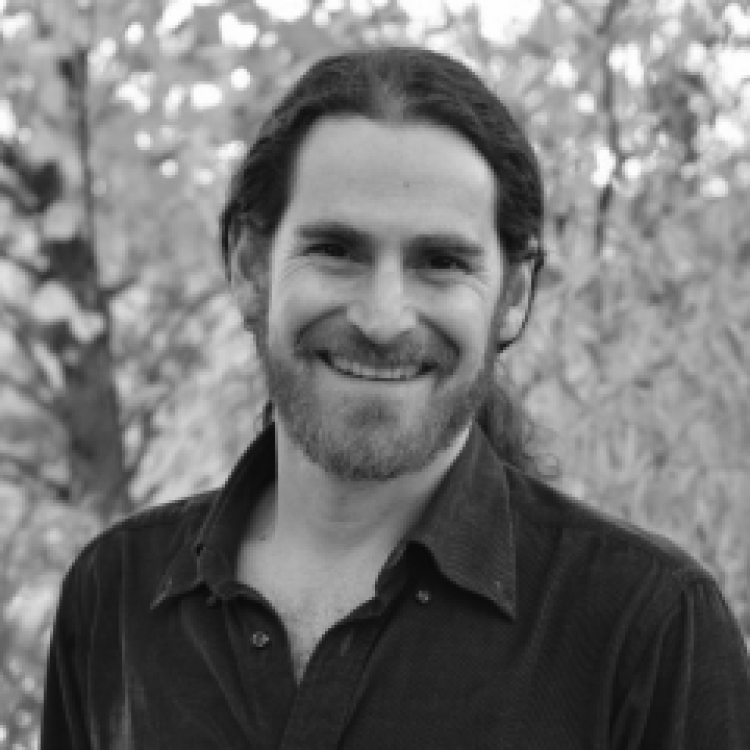Schmooze-A-Palooza is music to Hebrew students' ears
Jewish studies concert, sung in Hebrew, brings engagement to foreign language studies
The fourth annual Schmooze-A-Palooza, a student concert sung in Hebrew at the University of Colorado Boulder, will be performed this week. Singing along is encouraged; lyrics will be projected for each song on a screen, and there is free food.

Eyal Rivlin
The festival, originally coined Hebrew Idol, is organized by CU Boulder instructor Eyal Rivlin and his Program in Jewish Studies students. It is scheduled for Wednesday, March 7, at 6 p.m. in the Old Main Chapel on campus. The event is free and open to the public.
Rivlin recognizes that foreign language acquisition can be daunting, so he adjusted his pedagogy to maximize engagement and provide students with substantive experiences.
His teaching method “opens the students’ hearts, and my whole job becomes a lot easier,” Rivlin states. “There is a sense of community in the classroom, and students look forward to days with music.”
Each class Rivlin teaches incorporates performance, along with selected duets and solos. The students often meet outside of class to prepare, and work devotedly to make this event a success.
The Hebrew language has existed for more than 3,000 years. Still spoken in Israel today, it is both an ancient and contemporary language. Many English words derive from Hebrew, and there are many layers to the language including mystical elements. Even the alphabet’s symbols can imply their own interpretations within words.
Schmooze is Yiddish for speaking intimately, which is the overall aim of the event. It allows speakers of varying proficiency in Hebrew to connect, according to Rivlin, because they become vulnerable with one another through performance.
“In the news, there’s so much going on in the Middle East. In learning a language, you can build bridges, and I hope to see peacemakers and people going for positive change,” Rivlin states. “One of the songs this year is in Hebrew, but is a song about love … and parts will be sung in both Hebrew and Arabic.”
A quad-lingual performance of the Leonard Cohen’s “Hallelujah” will be performed by Jewish studies faculty in Hebrew, Yiddish, English and instrumentally.
Rivlin says the festival is a celebration. “This gives us an excuse to get together and know each other and celebrate together outside of the classroom. My sense is, 20 years from now they may not remember past-tense conjugations, but they will remember this day, and that they were vulnerable and creative. … If they want to continue to do this beyond school they will remember this day.”
Students seem to agree. Nur Izzati Binti Umar, a first-year Hebrew student, says the event opens doors to greater interpersonal understanding. Umar adds: “This festival means so much to me, as it symbolizes our effort of coming together as a group to spread joy, love and peace through a universal language [and] music!”
Student Adam Austin concurs, saying: “Everyone can access their inner silly and let go for a night during the year, and be totally confident they are in a safe and welcoming environment to do a funny dance and sing a song. The event truly embodies what Eyal brings to the university which is acceptance, fun, kindness, music, and most of all, Hebrew!”

